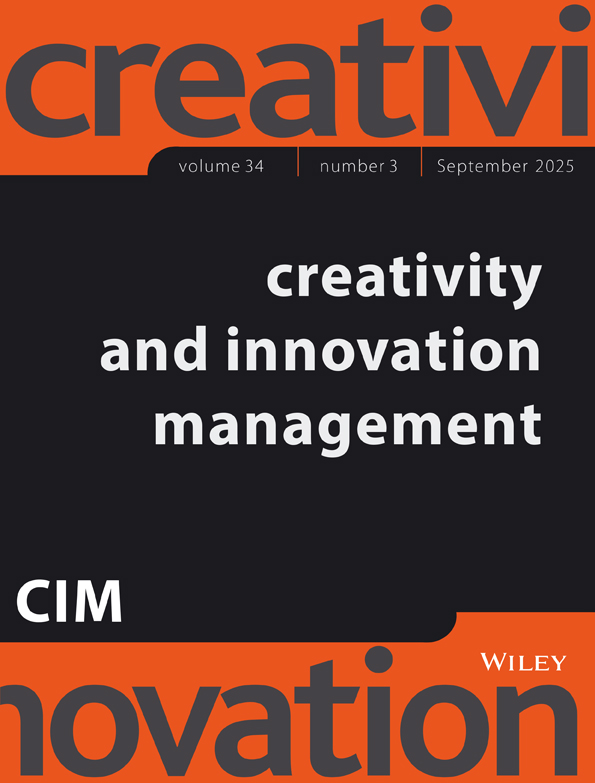
Gamification provides a promising approach to address organisational challenges. Building on a systematic and integrative review of the literature and existing games, we present a classification of 36 gamification design patterns. We illustrate the practical relevance of the design patterns through an action research approach to develop a game with a large telecommunication company.
Breuer, H. & Ivanov. K. (2025). Gamification design patterns to address values-based and sustainability-oriented innovation challenges. Creativity and Innovation Management vol. 34, no. 3, DOI:10.1111/caim.70024.
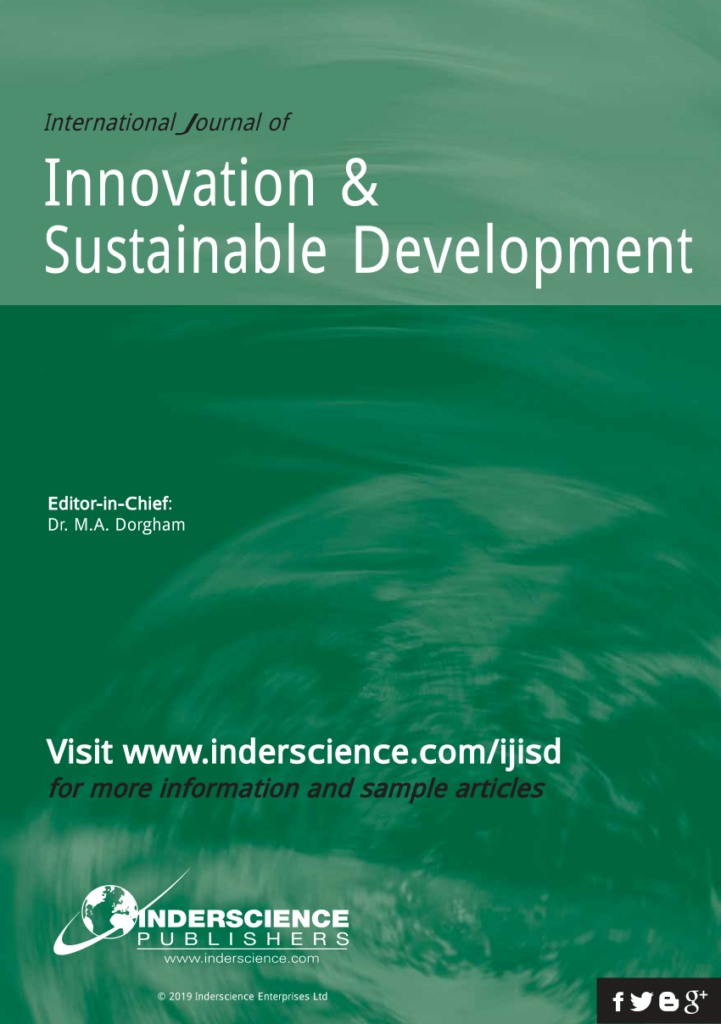
Based on an analysis of interviews with 128 managers, our study explores how specific organizational value systems—particularly those emphasizing flexibility in human resources and open systems—foster a sustainability-oriented culture, which in turn promotes sustainability-oriented innovation and offers competitive advantages.
Abril, C., Rubio-Andrés, M., Ivanov. K. & Breuer, H. (forthcoming 2025). Systems of Values to Build a Sustainability-Oriented Culture for Sustainability-Oriented Innovation. Int. J. Innovation and Sustainable Development. IJISD-178716.

Through ethnographic research and literature review, this paper investigates how entrepreneurs cope with barriers and challenges to introducing sustainability-oriented innovation in the Polish market. Findings indicate the integration of the company’s values with external stakeholders as an essential challenge. Substantial efforts and a values-oriented communication strategy are required to convince investors in particular about the long-term benefits of sustainable solutions.
Śliwińska, I., Beńko, P., Breuer, H., Ciesielska, M., Ivanov, K., Kasz, J., Matras-Postołek, K. (2025). The Challenge of Introducing Sustainability-Oriented Innovation. An Ethnographic Study. Sustainable Development, Wiley (https://doi.org/10.1002/sd.3332).
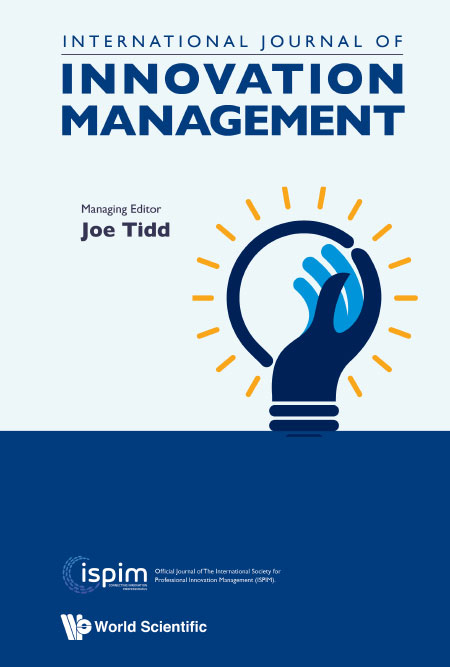
Ethnographic insights reveal tensions and gaps between espoused values of corporate sustainability and everyday practices with regard to: (1) innovation culture, (2) vertical and (3) horizontal integration, (4) external interfaces, (5) practices and methods and (6) personal alignment. These tensions and gaps must be addressed to turn sustainable innovation strategy into practice and to promote a sustainable innovation culture.
Breuer, H. & Ivanov, K. (2024). Cultural Tensions and Values-Action Gaps in Sustainability-Oriented Innovation: An Ethnographic Inquiry. Int. Journal of Innovation Management, Vol. 28, No. 01n02 (2024) 2450005 (Author Copy).

Based on literature review and expert interviews the study identifies 21 barriers and 28 good practices for managing values in sustainability-oriented innovation. A conceptual model explains how to facilitate sustainability-oriented innovation.
Ivanov, K. (2024). Values-based barriers and good practices in sustainability-oriented innovation management. Corporate Social Responsibility and Environmental Management (https://doi.org/10.1002/csr.3016).
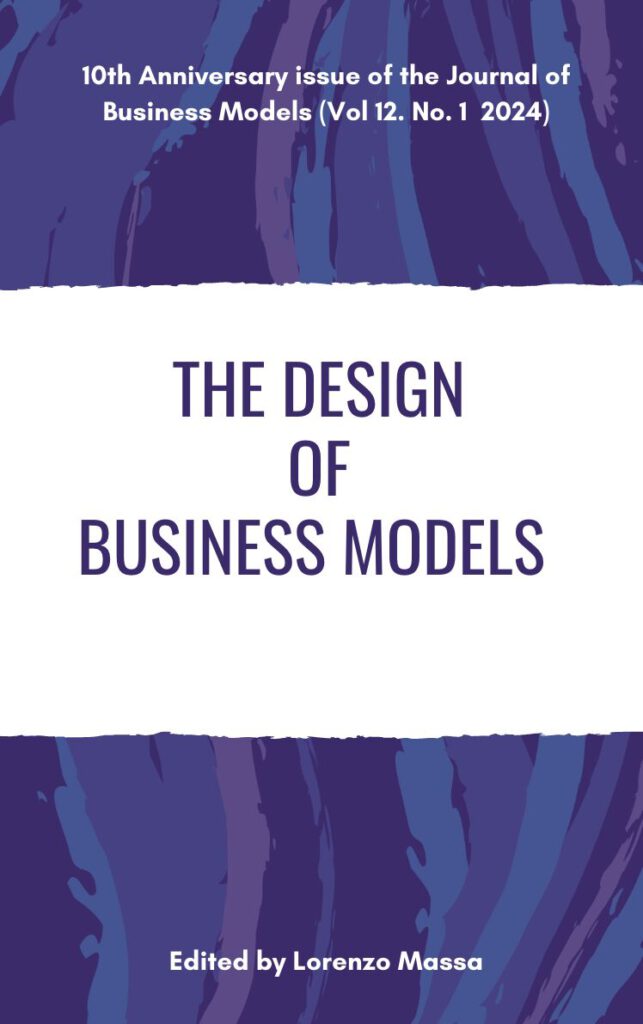
The article introduces the “Sustainable Business Model Design” (SBMD) framework and its application as a tool for problem-solving and idea generation. It sheds light on the creativity-enhancing efficacy of SBMD patterns, and helps business designers to utilize SBMD for innovation and ESG strategy.
Lüdeke-Freund, F., Massa, L. & Breuer, H. (2024), Sustainable Business Model Design, Journal of Business Models, Vol. 12, No. 1, pp. 115-132.
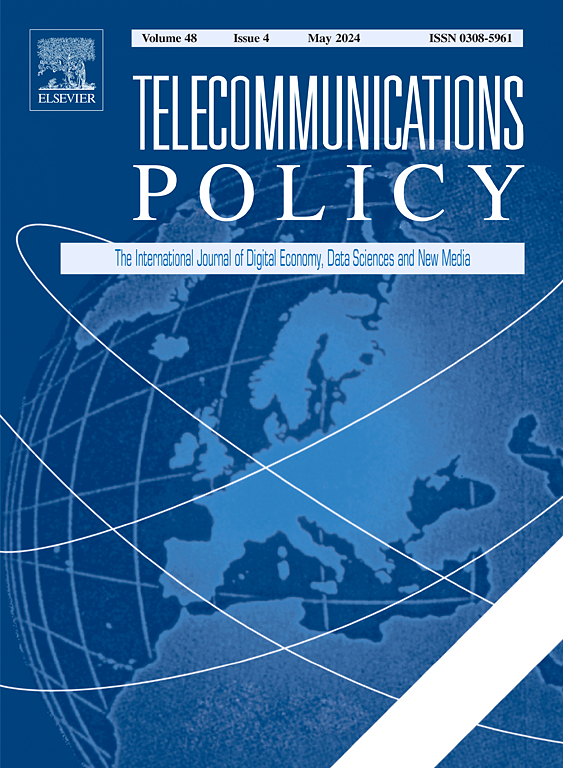
We introduce a structured framework for Key Value Indicators (KVIs) in ICT research and development. It comprises five steps, starting from the use case-related identification of values to the assessment of value outcomes. An analysis of ICT-enabled smart cities illustrates the application of the framework.
Wikström, G., Bledow, N., Matinmikko-Blue, M., Breuer, H., Costa, C., Darzanos, G., Gavras, A., Hossfeld, T., Mesogiti, I., Petersen, K., Porambage, P., Stoica, R., Wunderer, S. (2024). Key value indicators: A framework for values-driven next generation ICT solutions. Telecommunications Policy, Vol. 48, Issue 6, July 2024, 102778.
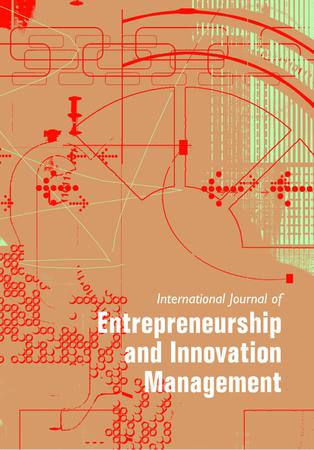
Gamification has developed into a methodology of its own to drive innovation and to foster values-based innovation cultures within organisations. We explore this new field through literature review and interviews with innovation managers. We synthesise knowledge, formulate management guidelines, and reveal the potential for the gamification of values-based innovation and organisational culture development.
Breuer, H., Ivanov, K., Abril, C. (2023). Management guidelines to address cultural challenges and facilitate values-based innovation through gamification. Int. J. Entrepreneurship and Innovation Management, Vol. 27, Nos. 3/4, pp.208–236. (author copy).
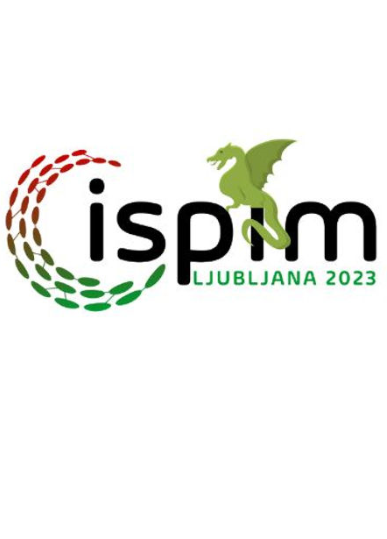
Strategic foresight, sustainability management and innovation management, each have an important role to play in solving the grand challenges of our times. However, we are missing an integrated approach in theory and business practice. Based on a series of expert interviews and recent literature, we distinguish between exploratory, strategic and normative scenarios and take first steps towards an integrated sustainability foresight.
Breuer, H. (2023). Sustainability Foresight – Practices and Methods for Future-Oriented Innovation Management. Proceedings of ISPIM Innovation Conference 2023, Ljubljana (16 pages + slides).
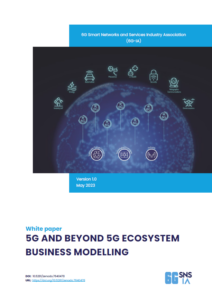

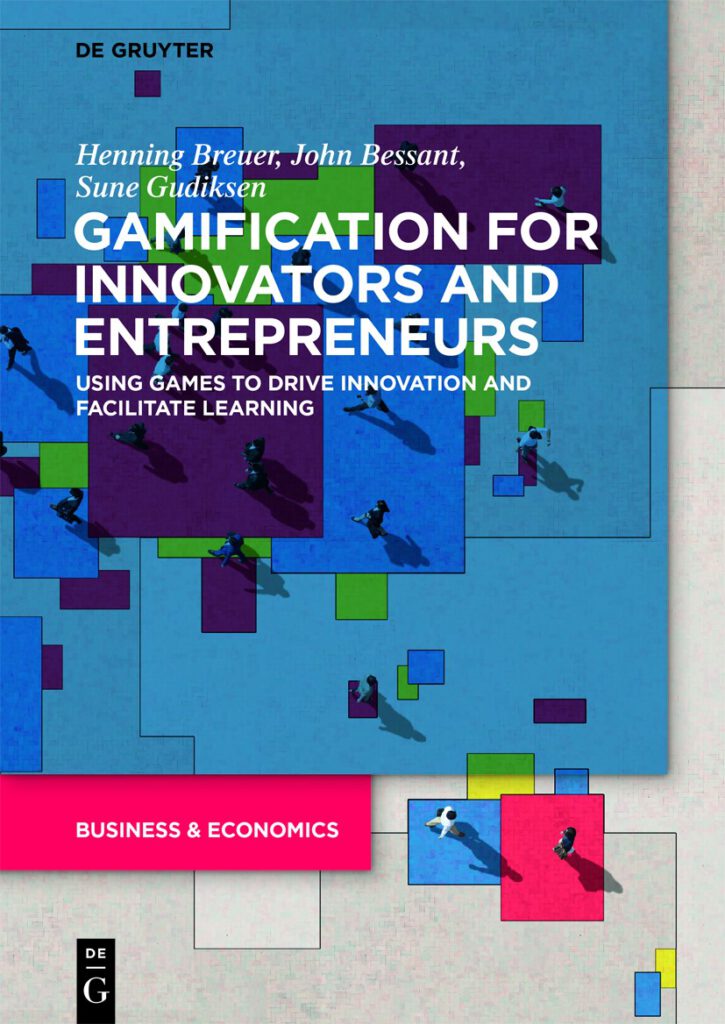
This book introduces an exciting, still nascent superpower: Using, repurposing and creating games that will help to solve the great societal and organisational challenges, games that actually drive innovation, engage stakeholders and facilitate experimentation. The book features 36 gamification design patterns and a rich collection of customizable games and materials for training and teaching.
Breuer, H., Bessant, J. & Gudiksen, S. (2022). Gamification for Innovator and Entrepreneurs. Using Games to Drive Innovation and Facilitate Learning. London: deGruyter
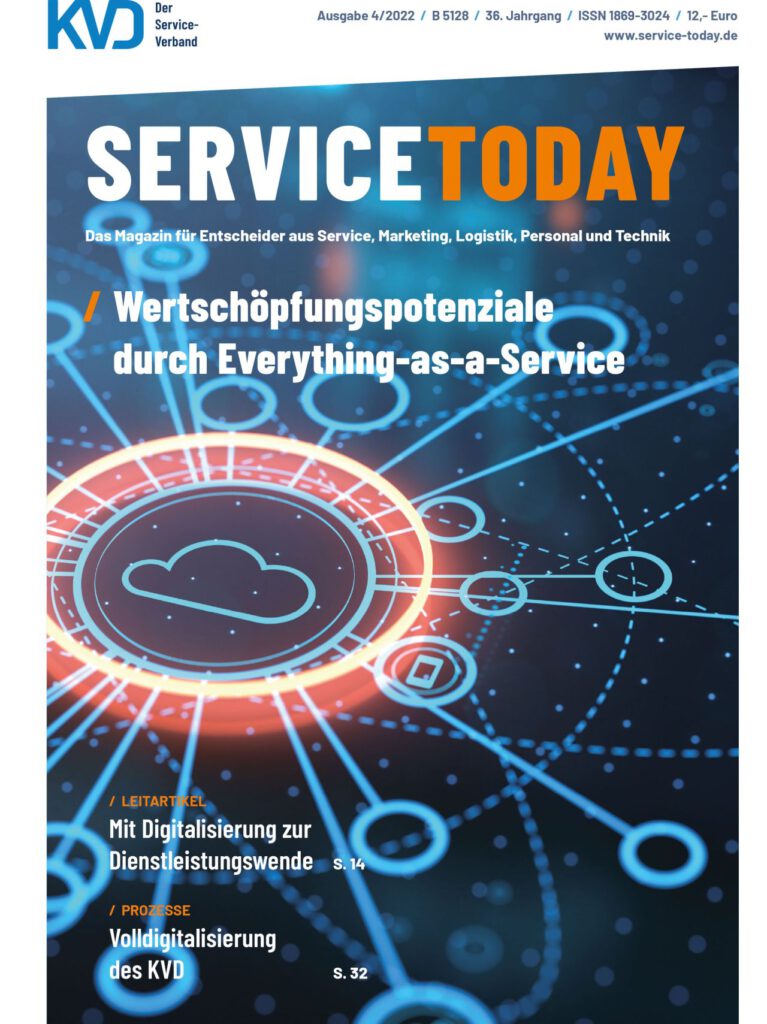
In this issue of ServiceToday, editor Michael Braun talks with Henning Breuer about the connection between value orientation and sustainable value creation, entrepreneurial innovations and the role of customer. Find out more how to translate an understanding of their values into multi-dimensional value creation.
Breuer, H. (2022). Values-based business models for sustainable value creation. [Wertebasierte Geschäftsmodelle zur nachhaltigen Wertschöpfung]. In: ServiceToday 4/22, pp. 44-46.
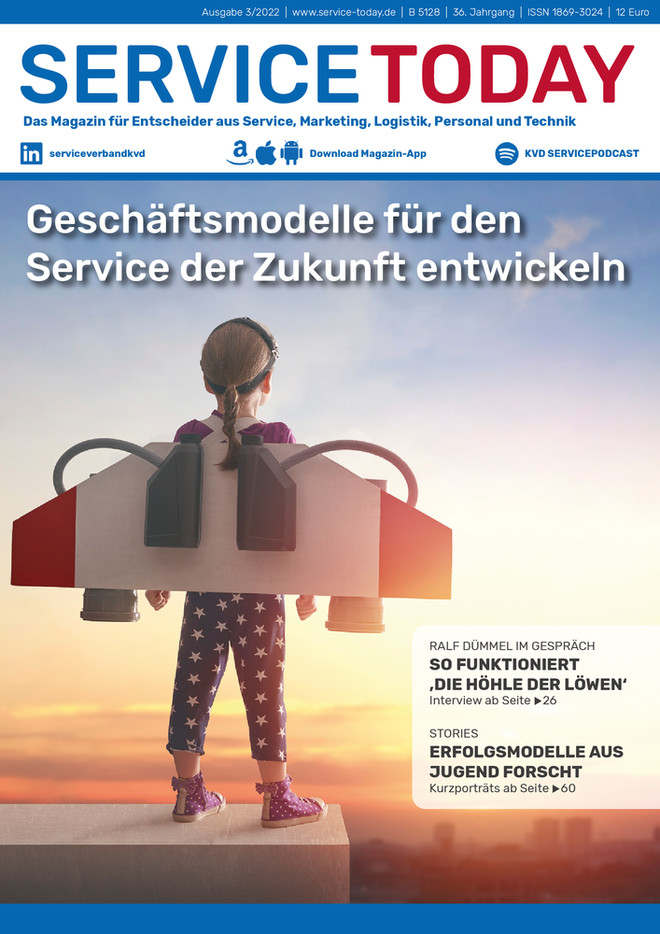

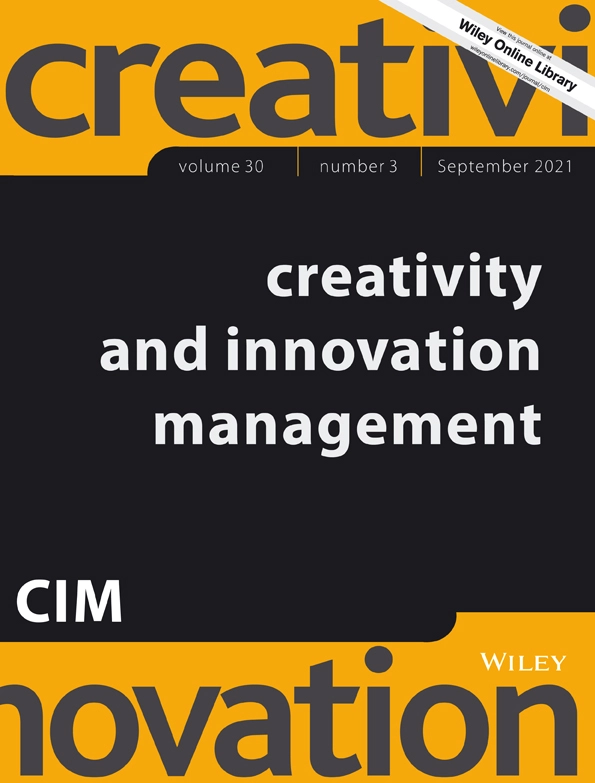

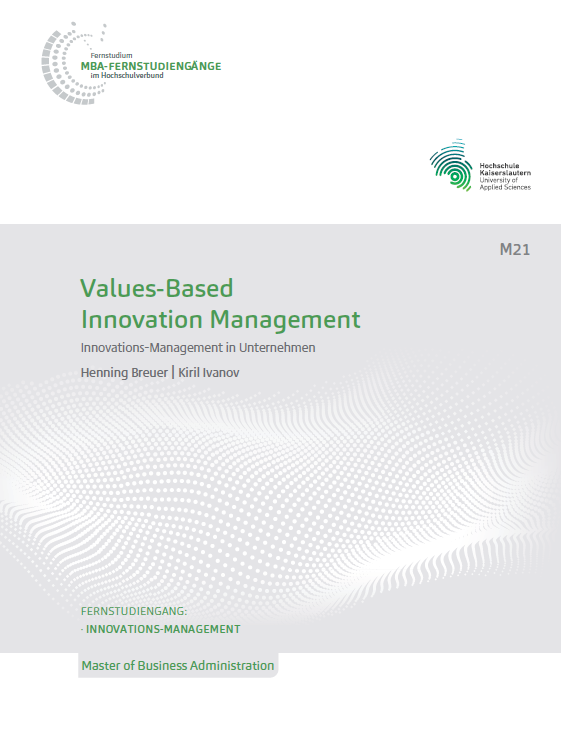

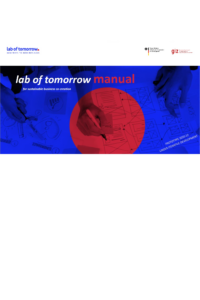


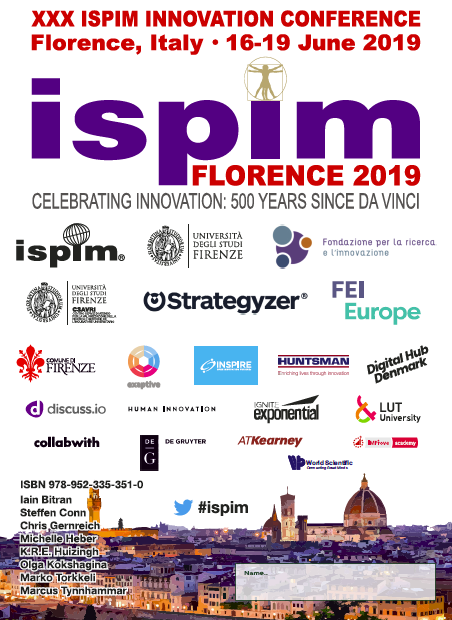
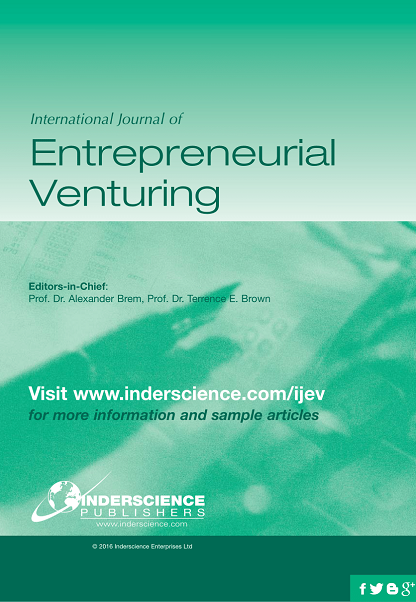




This book provides state-of-the-art insights on sustainable value creation. Our chapter introduces the Business Innovation Kit to model values-based business. We discuss how to work with values in the context of business development, and show different application fields for opportunitiy seeking organizations. We distinguish between five maturity levels and eight business case drivers for sustainability-oriented innovation.
Breuer, H. & Lüdeke-Freund, F. (2018). Values-Based Business Model Innovation: A Toolkit. In: Moratis, L., Melissen, F. & Idowu, S.O. (Eds.). Sustainable Business Models, pp. 395-416. Springer.
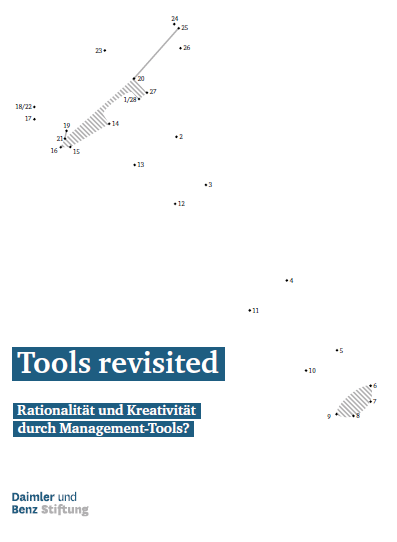



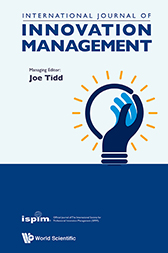
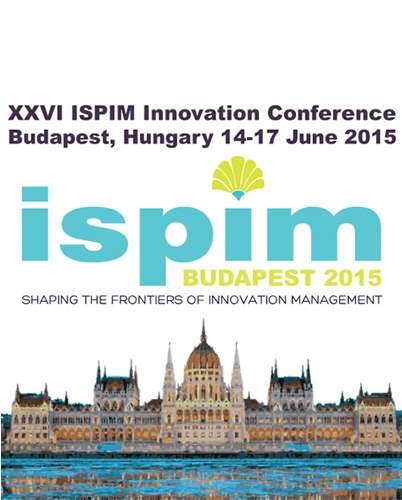
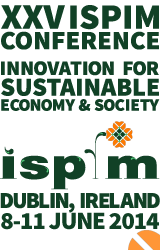
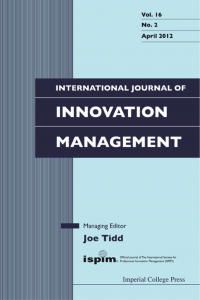
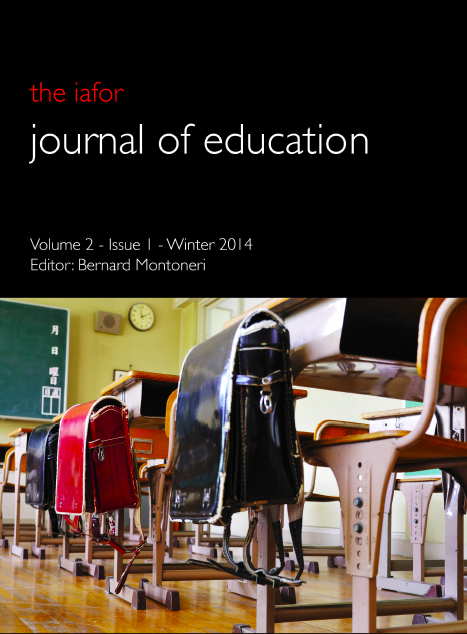
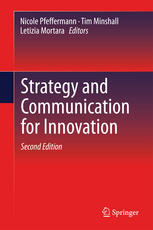
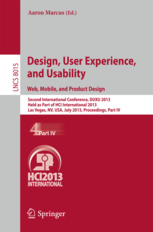
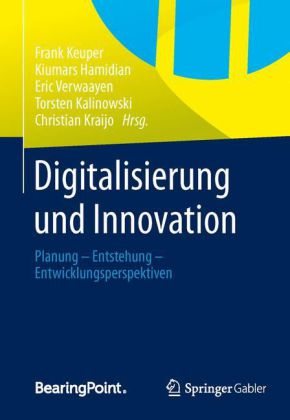
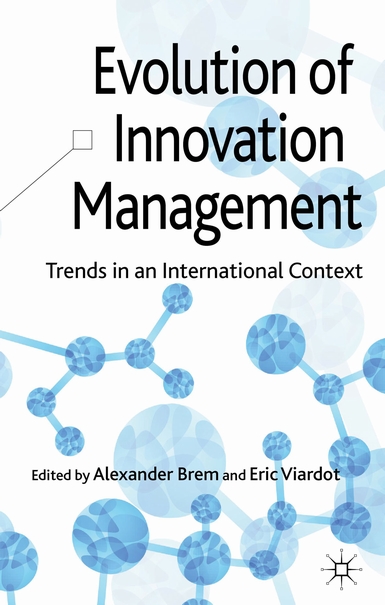
Pfeffermann, N. & Breuer, H. (2013). Scenario-based Learning: Enabler for Future-attentive Thinking and Effective Communication for Innovation. Chapter 5, in: Brem, A. & Viardot, E. (Ed.). Evolution of Innovation Management. Trends in an International Context. pp. 95-115. Palgrave Macmillan.
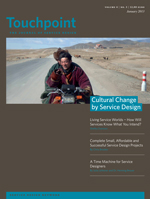

Peer reviewed conference and journal papers
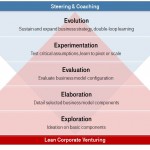

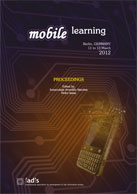

Innovation Forum Berlin
The Berlin Innovationforum is a living laboratory of advanced customer integration.
Books


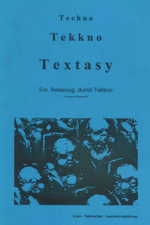
Conference and Journal Papers
Breuer, H., Zurita, G., Baloian, N., & Matsumoto, M. (2008). Mobile learning with patterns. Proceedings of the 8th IEEE International Conference on Advanced Learning Technologies (ICALT), Santander, Spain, pp. 626-630.
Baloian, N., Breuer, H., Luther, W., & (2008). Concept keyboards in the animation of standard algorithms. Journal for Visual Languages and Computing, 19, 652-674.
Baloian, N., Breuer, H., Luther, W., & Middleton, C. (2005). Algorithm visualization using concept keyboards. Proceedings of the ACM Symposium on Software Visualization (SoftVis), St. Louis, Missouri, USA, pp. 7-16.
Grüter, B. M., Breuer, H., & Wollenberg, A. (2000). Wissensarbeit: Über die Dynamik von Wissensentwicklung in aufgabenorientierten Gruppen. In E. H. Witte (Hrsg.), Leistungsverbesserungen in aufgabenorientierten Kleingruppen (S. 150-180). Berlin: Pabst Science Publishers.
Further publications 1995 – 2013
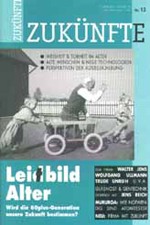
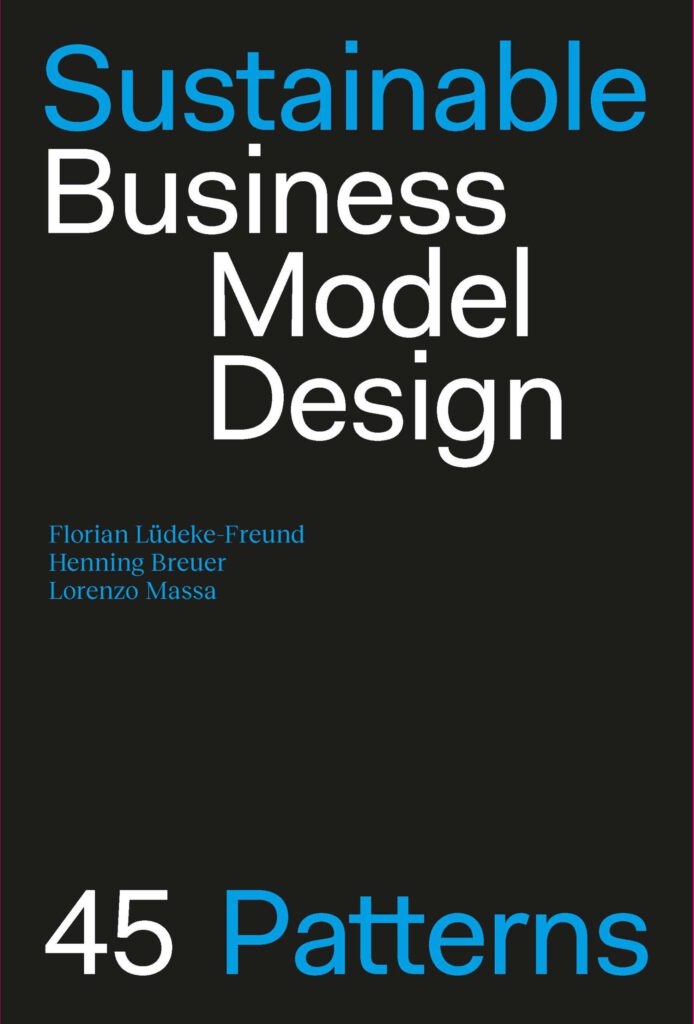

This book introduces an exciting, still nascent superpower: Using, repurposing and creating games that drive innovation, engage stakeholders and facilitate experimentation. It features 36 gamification design patterns and a rich collection of customizable games and materials.

Breuer, H. & Lüdeke-Freund, F. (2017). Values-Based Innovation Management. Innovating By What We Care About. Bloomsbury: London. Order here on Amazon UK or Amazon US.
Lorem ipsum dolor sit amet, consectetur adipiscing elit. Ut elit tellus, luctus nec ullamcorper mattis, pulvinar dapibus leo.